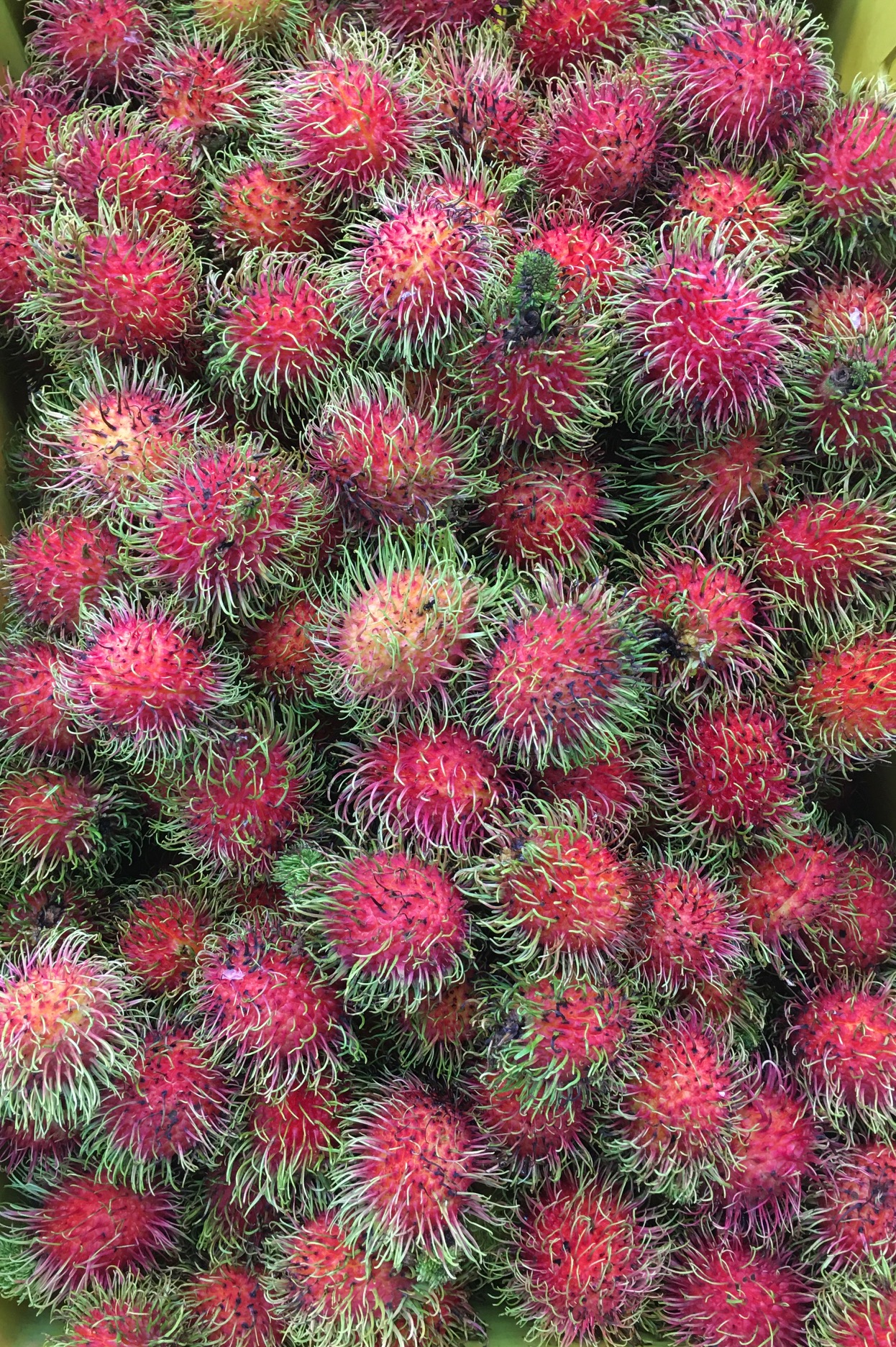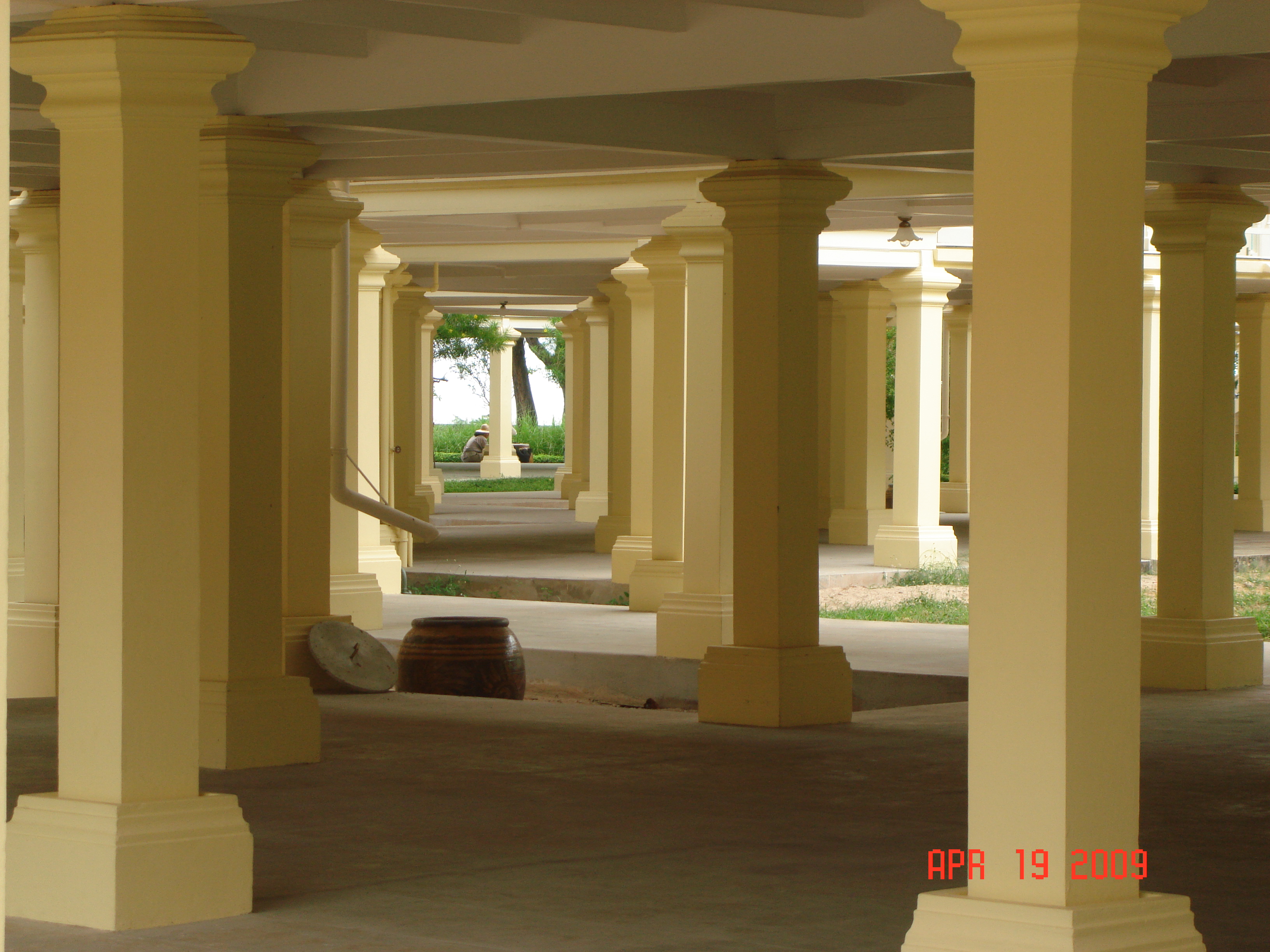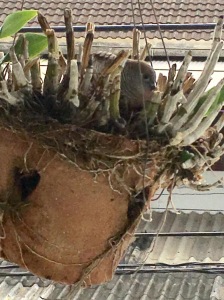
When I was a child in the 50s, my family and I lived in Billy Dunn. It’s the name of an area in upper Kingston that locals call “Jack’s Hill” after the street that winds up the hill from Barbican Road to a quiet neighborhood of mid-century single family homes. Billy Dunn was once a 300 acre farm on the lower slopes of the St. Andrew Hills before it was subdivided. The main street was called Temple Meads, and branching off from it were side streets with quaint British names: Kinsale Avenue, Cookham Dean, and Pinkney’s Green. Every morning a cowherd took his small herd to the upper pasture at the top of Temple Meads where the road ended in open land, his long corded whip snapping a loud, “hurry up!” to the beasts breaking into a clumsy trot. Because of the cows, driveway entrances had “cattle traps”, iron grates over a shallow pit to discourage the cows from wandering into the property. Though the farm was gone, I remember a ramshackle wooden house on Kinsale Avenue surrounded by an overgrown garden. The name Billy Dunn was written with a flourish on the gate posts.
According to The Daily Gleaner, an owner of Billy Dunn farm was one Col. Henry Kitchener. He was a British Army officer who retired to Jamaica before the First World War. The farm had changed owners over the years so it isn’t known whether Col. Kitchener or his family still owned it by the time the farm was sold to developers. He came from a prominent family. His younger brother was General Herbert Kitchener, the hero of the Boer War. What he did fighting the Boers, as the Dutch-speaking settlers of South Africa were called, might be controversial today. He ruthlessly implemented a scorched earth policy which meant he destroyed people’s homes and property so that the land could not sustain the enemy. The aim undoubtedly was to starve the Boers into surrendering. (Another Empire strikes back.) For defending the British Empire , the General was created Lord Kitchener. He was killed when his ship struck a mine during the Great War. Col. Kitchener thus became the second Lord Kitchener because his brother had no male heirs.
Not long afterwards, in 1916, thousands of miles to the north of Jamaica, the townspeople of Berlin, Ontario, were nervous about growing anti-German sentiment as a result of the war with Germany. Berlin was just “too German” a name and besides, Berliners might be accused of being spies or worse. The people therefore voted to rename their town Kitchener in honor of the hero, the first Lord Kitchener. Although he didn’t bestow his name upon any place in Jamaica, Col. Kitchener is part of Jamaica’s story, and like the sugar planters before him, sought investment opportunities afforded him by his wealth, social class, and rank. His hero-sibling is immortalized in one-half of the twin cities Kitchener-Waterloo. It’s doubtful Lord Kitchener could have imagined the day his family name with its colonial legacy would be bestowed upon a Canadian city to shield German-speaking immigrants fearful of violence in the name of the Empire.






